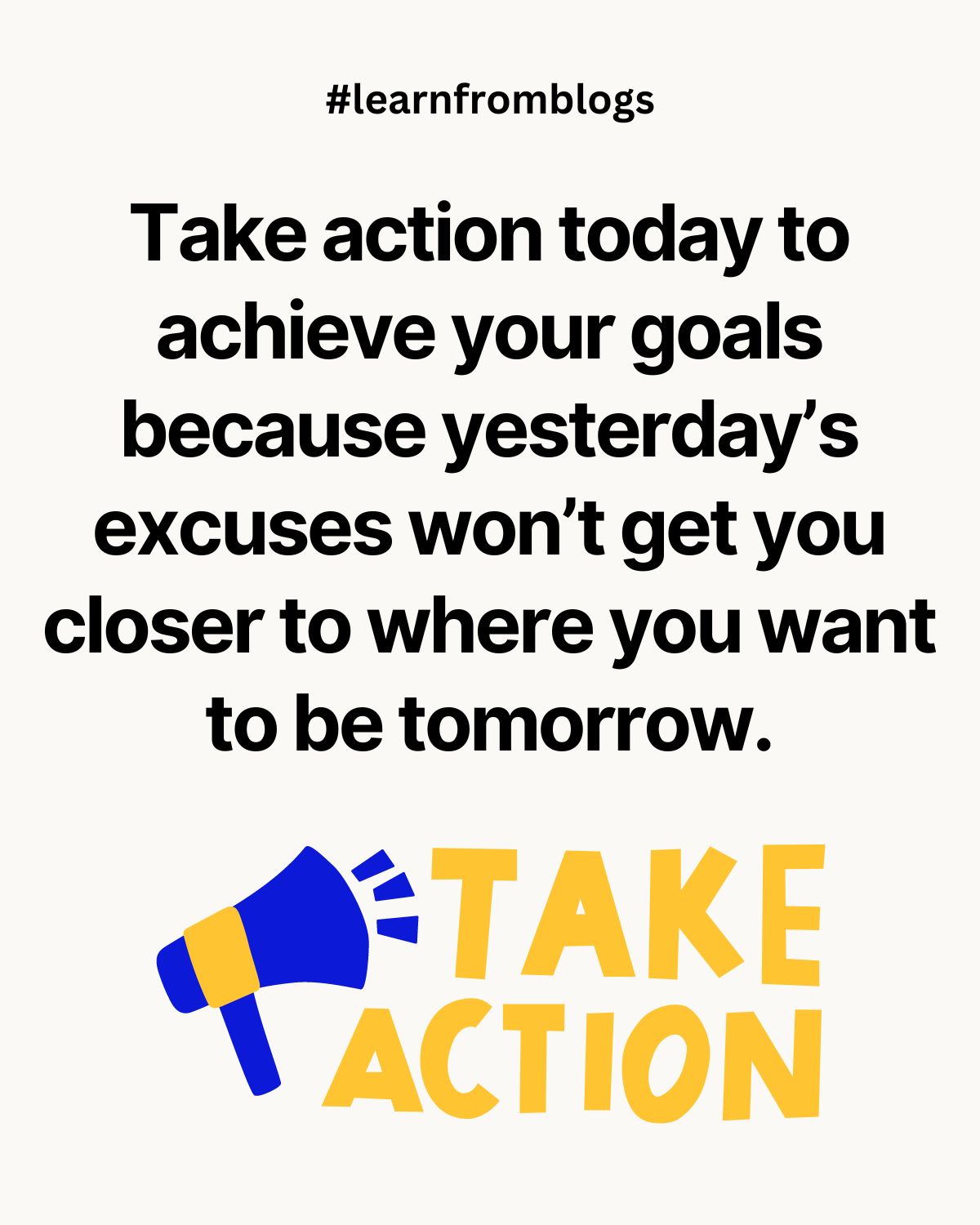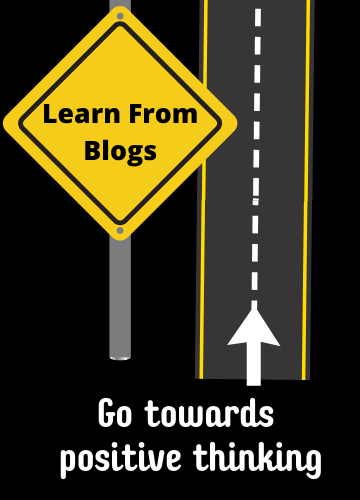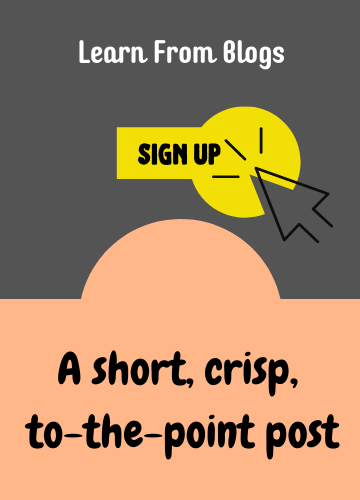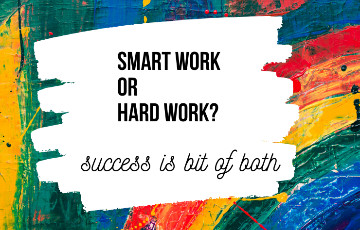
- Mix them up:
You cannot succeed only with hard work or with just smart work. Both require efforts, knowledge, and work from you. One has to work harder where it is needed and work smarter where it is needed.
Smart work will complement your hard work and vice versa. Ex: With smart planning and scheduling you can channel your hard work towards achieving goals in less-time with excellent results.
Bottom-line is, Work Harder and Work Smarter. Success needs both.
2. Smart work is:
Consider smart work as something that:
- Saves your time.
- Smart work is an “On-The-Spot” judging and decision making. Ex: Students attending an entrance exam will know what to write first, which part saves time and which part will give them an advantage. For all that, they should have put hard work on their exam preparation. Success here is smart-work and hard work.
- Saves your resources or makes you optimally use any resources.
- Rightly identifying where you went wrong and correcting it.
- Finding agreeable solutions and taking the right decisions in less time.
- Seeing what others don’t see or can’t see is another way of being smart.
- Find innovative solutions that save time and effort.
The list can go.
The point here is, smart work is, "hard work along with ideas and techniques that save time, efforts, money," etc.
3. Gain Expertise in your Work.
Only then you can work smarter. To gain that expertise, you need hard work.
Hardwork is not giving everything and surrendering your happiness. People misunderstand it. Hardwork is the willpower to do more, learn more, and perform more in studies, business/work, etc.
If you start working on gaining more expertise in your field, it will enrich your mind with more knowledge and information to process. Eventually, you will think and execute works smarter.

Productivity tools free your time and energy by completing repetitive tasks that take up a lot of your time and energy.
Most of these tools help you:
- organize your tasks
- co-ordinate with your team
- help complete routine tasks faster
There are various apps and tools available online to help you work less but more effectively. Here are a few of them:
For students:
- Google docs – to create word documents
- Todoist – helps track your tasks
- Freshgrade – an assessment and portfolio app to help parents, teachers, and students to coordinate with each other
For Managers:
- Google Docs – to create documents
- EverNote – co-ordination through notes and reminders
- Score – Business Management software
- People HR – For Personnel Management
- SaleScreen – Sale Management
Others such as Freelancers and small business:
- EverNote – for coordination with notes, reminders, task lists
- Todoist – To create to-do lists
- Wave – tracking expenses, preparing invoices, etc.
- Omnifocus – task management app
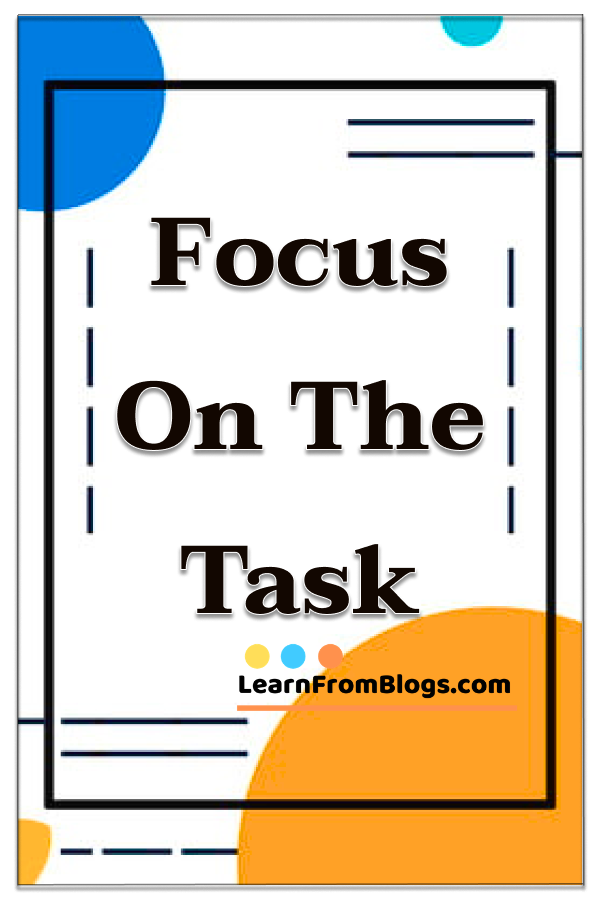
Of course, the most important thing to be useful is to Focus on the task at hand.
Paulo Coelho rightly said…
“Whenever you want to achieve something, keep your eyes open, concentrate, and make sure you know exactly what it is you want. No one can hit their target with their eyes closed.”
If you take up more than one job and are not able to give your utmost attention, then the output will not be what you desired. Doing less, i.e., taking up only a particular job and giving your all will help in doing it better and producing better results.
In the process, strictly avoid distractions!
- Ignore co-workers who want to chat
- Avoid social media
- Let non-urgent emails wait
- Keep the notification button switched off temporarily
- Use the Internet only to give you solutions to reach your goals. Let it not be a distraction that is deviating you away from your vision or purpose
Example: If you are a homemaker planning to upload a cooking video on YouTube, focus on it, and avoid the juicy gossip going around the neighborhood.

Some experts researching this area suggest the Pomodoro technique for effective task accomplishment. This method teaches you how to focus on one thing at a time and then go to the next task.
For example: Assume as a student of Science at high school, you have to revise three subjects — Physics, Chemistry, and Math before an exam the next day; you can adopt the Pomodoro technique in the following manner…
- take up one subject first, say Physics, and revise for 25 minutes
- Next, take a short break – give-in to your distractions/ rest/plan the next move
- Then take up the next subject, say Chemistry, and revise for the next 25 minutes
- Take another short break
- Finally, revise the last subject for the next 25 minutes
Plan what you need to revise in the allotted 25 minutes and try to complete that plan within the time slot.
This way, you can focus and concentrate on all the tasks you need to complete taking just a short period to achieve more results.
"The road to success and the road to failure are almost exactly the same." -- Colin R. Davis

At one point in time, human multitasking was hailed as the most excellent solution for improving productivity. Recent studies have found that multitasking may not be as productive as thought earlier but may cause an increase in errors, reduction in productivity, and ultimately generate immense frustration.
During performing many tasks together, if one task goes wrong, its effect will spill over to other tasks as well. You might also experience severe stress in the process.
But when you do one task after another, you will experience overall efficiency. Hence the need of the hour is to take up one task and do it effectively before going to the next one.

You must plan your day well.
Every day you need to deal with various issues. At the same time, you need to achieve some short term and long term goals. Until and unless you organize your work, you may not be able to achieve these objectives on time.
To-do lists keep you organized, keep you motivated all the time, and also improves productivity. Here are some pointers as regards To-Do list:
- Use your free time while traveling to plan and organize your day’s work
- Keep your goals and objectives in mind when preparing the list
- Don’t take up too many tasks daily. Limit your tasks per day. By reviewing some tasks, you may be sure that you will not complete them, given the time constraints. Then why put it in the to-do list? Leave it, and then you will not feel bad about not accomplishing that task.

If you are passionate about your work, you will find ways to do the precise tasks leading to your goals. Work with a purpose in mind, and automatically, your productivity will increase.
For example: If your passion is studying medicine, then prepare for the entrance for that particular branch of study with a purpose. Do not study for another exam at the same time in fear of not clearing the Medical entrance examination.

Sometimes you are obliged to help others. Remember that you can do so if you have time and energy at your disposal.
If you do not have any reserves of both, additionally, that particular obligation deviates you from your goals, it is better that you say ‘No’ to take up the task at the start itself.
Even if it is your boss who is piling up tasks on your work desk, find ways to say ‘No’ appropriately.
Learn how to focus on yourself and your goals.
You could fulfill that obligation in another way, which does not clash with your goals, objectives, and purposes, and at the same time, does not have a negative bearing on your time and energy.
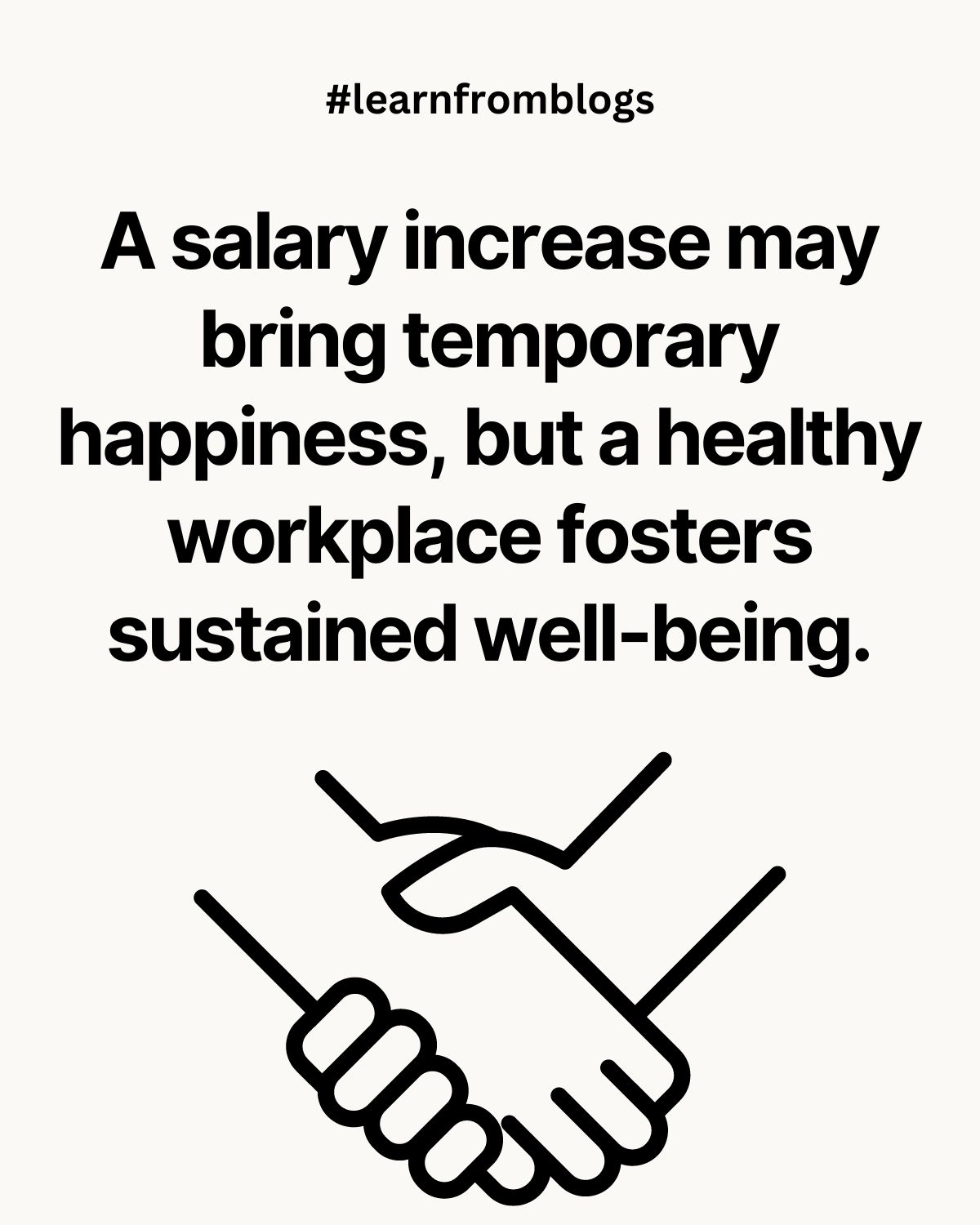

Selective working refers to taking up a few tasks and performing it with utmost focus and attention for fruitful consequences.
For example: Assume you are a General Manager of a big firm. There is a simultaneous issue to resolve in two departments – Sales and Production. You can ideally take up one issue and delegate another.
In case you can delegate both, then do the same and involve yourself only at the final stage when you can only make a significant decision. This way, you save your time and energy for any other pressing matters or just concentrating on your firms’ long term goals in the position of a General Manager.

How were the successful people able to work smart doing less but in a better way? Here are a few strategies you can also adapt to achieve it!
Doing more may not lead to success – selective working is the answer
Learn to say no when the task does not lead to your goals
Be passionate about your work – your productivity will inevitably increase
To-do list
Multitasking may hamper focus
Most important – Focus
Use productivity tools
Doing less and doing it better is the need of the hour. Smart work not only helps us complete our tasks on time, but it also reserves precious energy to do more jobs that may require our focus and attention later. Learn to do tasks on a priority basis by preparing to-do lists, etc. Learn to say no to tasks that do not lead to your goals. Use productivity tools as and when required.
Take breaks in between tasks; most importantly, smart work with high focus. Practice these well, and you will realize how well and quickly you can achieve your goals and objectives in a short period.
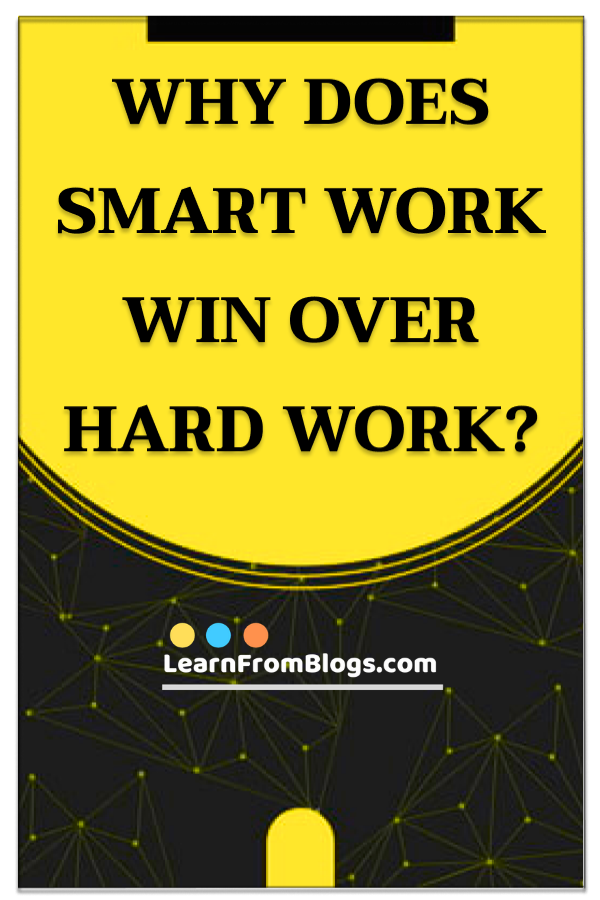
First instance:
Have you worked hard all day taking up multiple tasks, texting, swiping, doing tasks as a favor for others? Running from pillar to post, putting out fires, addressing concerns not your own, and ending the day with high stress and decrease in productivity?
Now consider this…
Some people seem to be resting when you are super busy.
Instead of being busy all day long, they do less (take up lesser tasks) and work intensively, outputting better results. They manage to save time, energy, money, and manpower, which they utilize only for other equally important tasks.
Where do you think is work being completed?
Second instance:
It has been noticed that if a single similar task is given to two persons, one finishes it quickly, but the other takes the whole day to complete it.
Assuming both have completed the work efficiently, one notices how the first person has utilized less time for the job as compared to the second one.
In both cases, the person who took fewer tasks but did it adequately can be considered a successful person.

- Avoid Multitasking.
- Turn Off Your Non-Essential Technology.
- Shut The Door While You Work.
- Create A Personalized Structure.
- Set A Finish Time.
- Pre-Plan Breaks.
- Remember Some Tasks Are More Important Than Others.
- Set A Bedtime And Keep To It.
